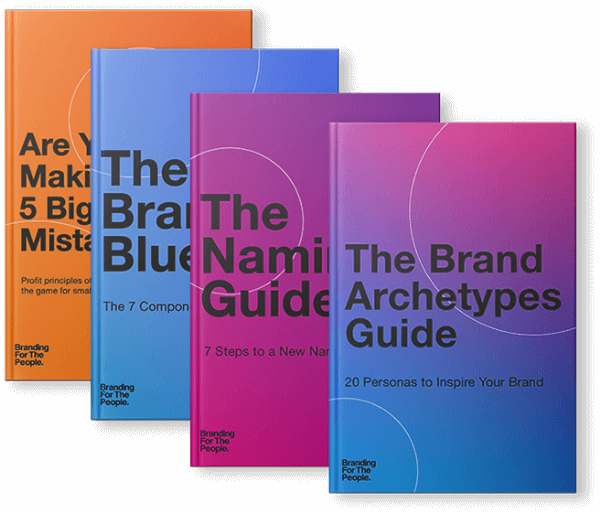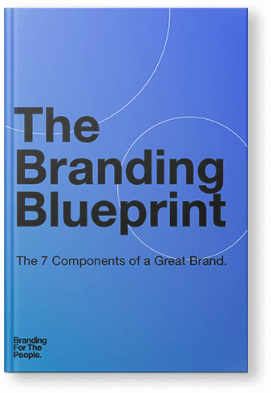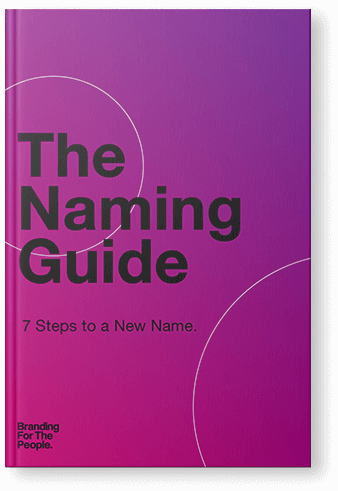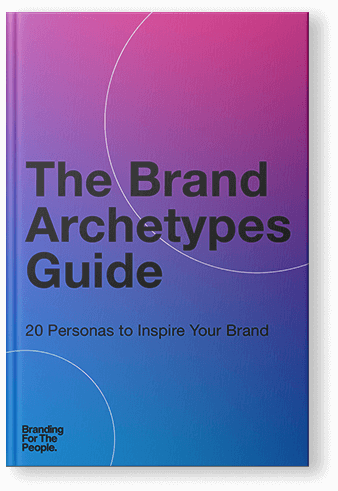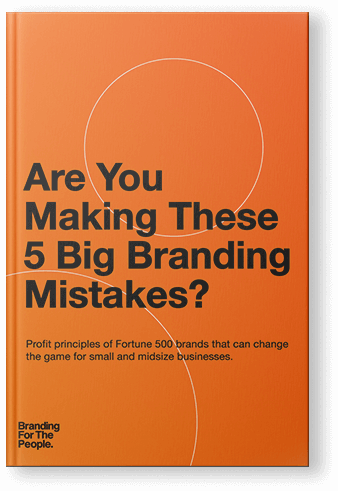What do college writing and branding have in common? More than you’d think.
Do you remember sitting in a college writing class and thinking “WHAT is the point, I’m never going to USE this”? That’s ok. Writing isn’t everybody’s thing. But writing and branding have more overlap than you might have thought at the time.
You have to know who you’re talking to.
When students write papers, they tend to write as if the teacher is their only audience. In branding, if you don’t define who your audience is, it can be very much the same. As an instructor, I tried to de-center myself as the audience and encourage students to write to a familiar scenario or audience.
At the end of the day, as a small business owner or entrepreneur, you intuitively KNOW the audience you’re speaking to. Sometimes the concern for getting things “right” or being everything to everyone gets in the way of doing what YOU do and know best. Give yourself permission to do this!
So you can know how to talk to them.
In classical rhetoric, Aristotle established three means of persuading an audience. You might remember the rhetorical triangle from high school or college writing—ethos, pathos, logos. These are the strategies a speaker uses to inform or persuade an audience or motivate them to action.
Here’s a quick refresher: ethos is an appeal to your credibility. Why should your audience believe you? In branding, we call these proof points—items in your arsenal that will convince your audience you’re trustworthy. Logos, the appeal to logic and reason, relies on facts and rationale as well as their complicated sibling—logical fallacies.
Pathos, an appeal to emotion, is the one most commonly used in advertising. Humans, no matter how rational, are easily and reliably swayed by emotion. For example, in Apple’s iconic 1984 “Think Different” commercial never once mentions the machine’s specs or provides any other baldly logical rationale for buying their product. The commercial gives a powerful emotional narrative, moving the viewer to action almost entirely on emotion. When you really think about that for a second, it’s wild.
Sound familiar? You see these concepts all the time. Being able to identify and name them when you see them helps you to clearly articulate your brand’s position.
Telling a story is infinitely more interesting than just checking boxes.
I’ve seen countless first drafts that carefully address each question in a prompt. Great! You passed. What will truly differentiate you from the crowd is simple, compelling, relevant storytelling. Nobody’s going to care if you check every single box if there’s nothing in it for them. Writing and branding have this in common.
Simple is a hug from a loved one. Complicated is the reunion you’re dreading.
In the same vein as storytelling, I’ve seen so many situations where the person who needs to communicate is barreling toward their audience with EVERY. POSSIBLE. ANGLE. AND PIECE OF INFORMATION. EVER. What does this accomplish?
In short? Anxiety. It’s just too much to take in. And it’s something I’ve seen both brands and students do. What it doesn’t do is inspire confidence.
Think about the relative metaphor: We’ve all had an event we’re dreading due to that one person who is just Too Much.
But have you ever felt relief at finally understanding something that eluded you for a long time? It’s a favor. And it makes you want to engage more. And that’s the feeling your brand should inspire.
I know how to take an audience from unaware to totally engaged.
Have you ever stood up in front of a room full of college freshmen? I have. Numerous times. Which brings me to the last skill my experience gave me: I know how to convert an audience from vaguely knowledgeable to evangelical. If you can get college freshmen to spend time out of class explaining rhetorical appeals to people in their lives, you can convince people who love your brand to tell everyone they know about how amazing you are.
What do you think? Would you have thought writing and branding would overlap back when you were in college?
Are there ways something unique about your background truly set you apart from your peers?



